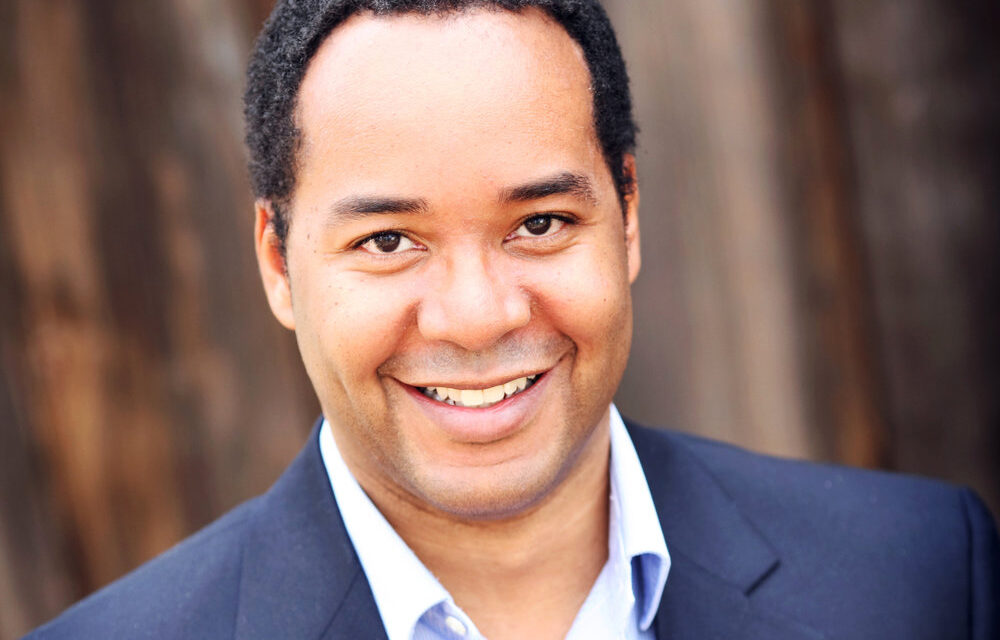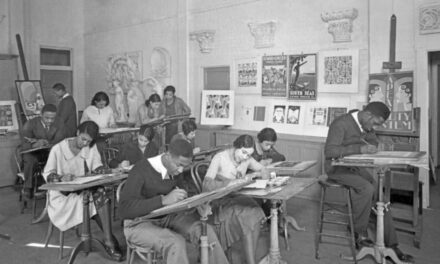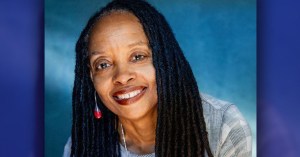By: Amber D. Dodd
Special to the AFRO
adodd@afro.com
The National Philharmonic (NatPhil) has hosted two of the three performances of George Friderick Handel’s Messiah’s epic oratorio, Messiah.

The first two performances took place Dec. 16 and 17 featuring the he Scotland African Methodist Episcopal (A.M.E.) Zion Church Mass Choir at The Music Center at Strathmore while the third and final show will be held at Capital One Hall in Tysons, Va. on Dec. 20.
Polish-American conductor Piotr Gajewski has masterfully conducted the work as four singers, soprano Aundi Marie Moore, mezzo soprano Lucia Bradford, tenor Norman Shankle and baritone Jorell Williams provide vocal solos behind the Baltimore Choral Arts Society.
“It’s an incredible piece of music.” Gajewski said.
As the piece tells the story of Jesus Christ’s life in three different stages: the prophecy of Jesus’ birth, His sacrifice for all of mankind and his resurrection. Messiah is considered one of the greatest choir works of all time, with popular excerpts such as the choir chanting “Hallelujah!”
Gajewski said the show was modernized to “make it more theatrical.”
Singers of Messiah traditionally use a booklet to read from during the three hour performance, however, to create a more engaging, personalized environment, the four soloists are performing without them.
“We’re presenting it simply staged as a drama, slightly as a musical or drama as the soloist will be coming on and off (the stage) and engaging with the audience,” Gajewski said.
Shankle, the tenor of the performance, is a Winchester, Va. native who has been in the opera and classical scene for over 25 years. He has worked with the Philharm previously in his career and has performed Messiah across a span of four years.
“The number one thing is that Piotr really has this vision of selling the story part but what’s going to hit home is that the soloist will be off-book,” Shankle said. “I think having direct eye contact with people who are signing will be a very big deal, it almost never happens.”
Shankle said singing with groups consecutively is rare, but it helps fuse familiarity between the quartet of singers. All four performers this year starred in last year’s production.
“We’re well seated to each other,” Shankle said. “There are good musicians, everyone is bringing not just their best, but something specific and something very personal. It’s not just piece after piece after piece…you have to have something in there to make it yours. These are three other really great singers.”
The original composer, Handel, contributed to the English arts culture of the 1700s, he also supported the British Empire’s transatlantic slave trade. Dr. David Hunter, music librarian, unearthed the information about Handel through his music history research, such as his paper “Music and the Slave-Trade Economy to 1784,” that highlights the relationship between classical music and slavery.
To acknowledge Handel’s role in chattel slavery, proceeds from the two performances at the Strathmore will be donated to the Scotland A.M.E. Zion Church in Potomac, Md. for their centennial celebration. The funds will go to restoration projects as the church’s wood-frame structure has eroded due to flooding and tropical storms.
Patrons can also donate through the 2nd Century Project Matching Challenge where donates up to $3 million are matched.
“…We can move forward with performances that could turn the tables on the situation and benefit the African American community,” Gajewski said. “Through performance we could foster some means toward African-American communities, perhaps in perpetuity, that would be some attempt at reparations using the music that was created.”
He also pointed to the significance of a fully African American cast, the four soloists, even though Black people are widely underrepresented in classical music.
“We’re promoting the careers of African American singers, paying them handsome fees and putting them in front of their public and helping them further their careers that way,” Gajewski said.
Historical information about Handel’s role in the slave economy, compiled by the Library of Congress, were on-site of the performances.
“With the Messiah, the big part of that message is living a good life, sacrificing for others and I think that is important during Christmastime,” Shankle concluded.
The post Oratorio “Messiah” highlights Black singers while bringing restitution to local Black church appeared first on AFRO American Newspapers.











